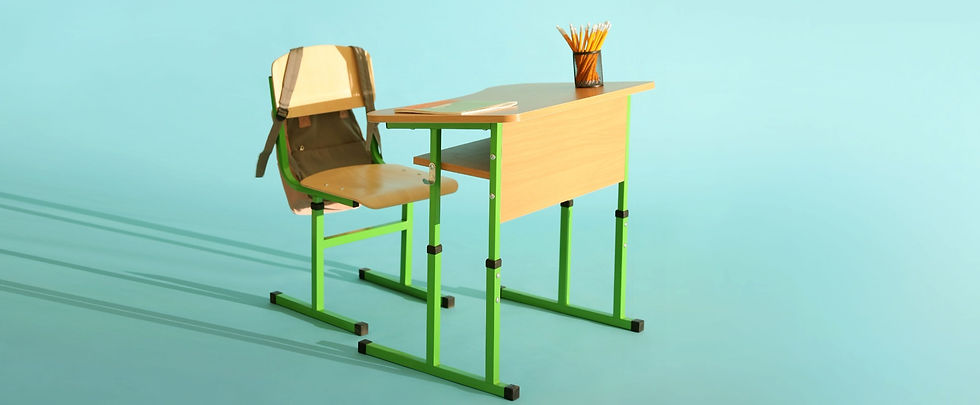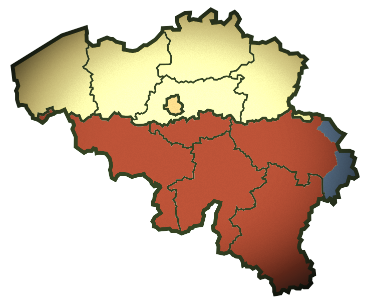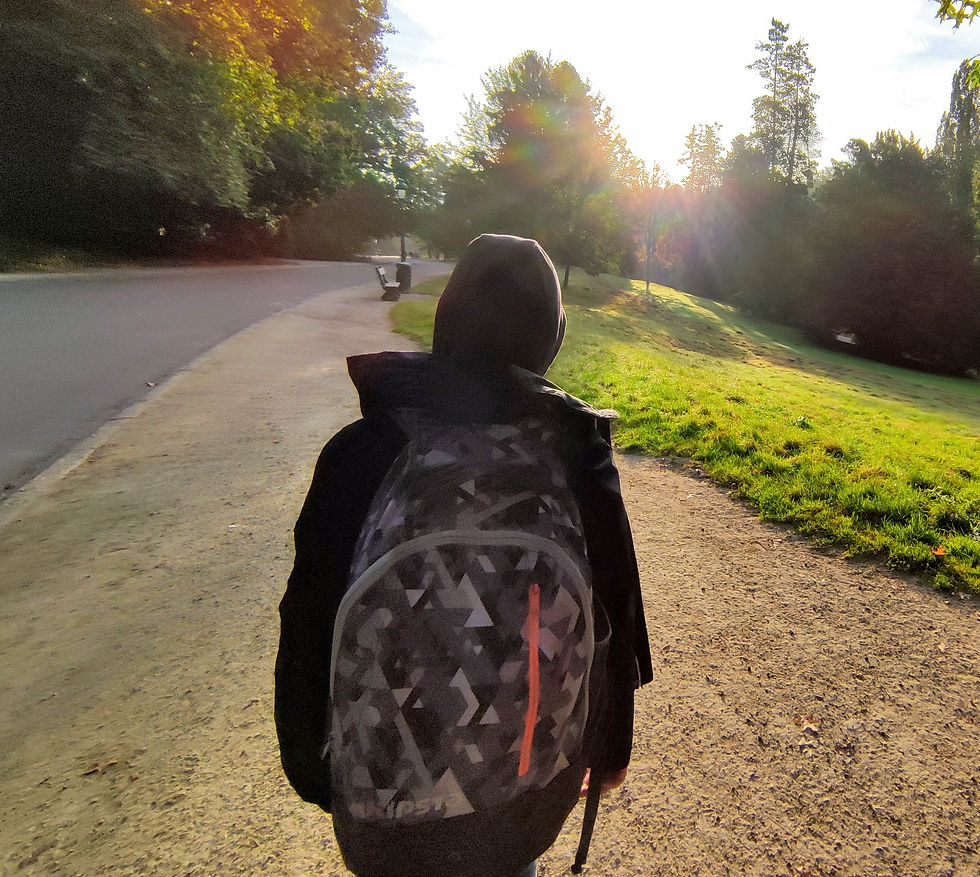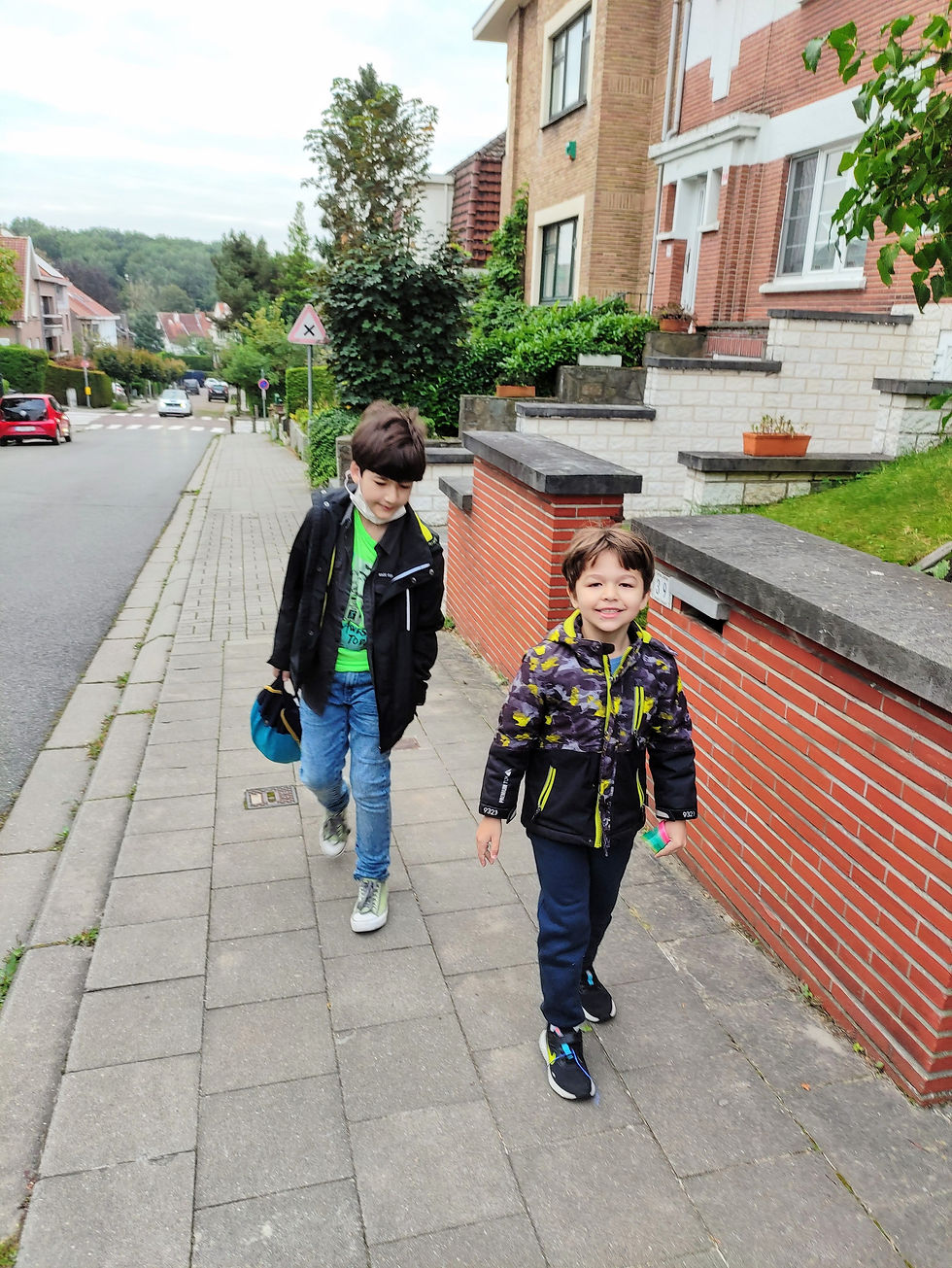School in Belgium - The education system
- Marta

- Aug 11, 2022
- 6 min read
Updated: Aug 22, 2022
If you're new to Belgium, figuring out how the education system works can appear to be overwhelming. Following is a brief description of the characteristics the school systems in Belgium and our choices for the education of our children, living in Brussels.


Belgium is separated into 3 different language districts:
French-speaking (Walloon - red)
Dutch-speaking (Flemish - yellow)
German-speaking (blue)
Each district (community) has four main types of institutions:
Institution | Description | French name | Dutch name |
|---|---|---|---|
Community schools | state education with no religion affiliation | réseau de la Communauté française | gemeenschapsonderwijs |
Subsidized public schools | organized by municipalities | réseau officiel subventionné | officieel gesubsidieerd onderwijs |
Subsidized private schools | including schools with a religious affiliation | réseau libre subventionné | vrij gesubsidieerd onderwijs |
Fee-paying private schools |
|
|
|
Although there are also free pre-school facilities for children aged 2.5 years and over, like a nursery, the mandatory school age throughout Belgium is between six and 18 years old.
In Belgium approximately 90% of children attend preschools during their formative years. Pre-schooling is the preferred choice of many parents due to the expensive costs of private crèches.
Compulsory school is separated into primary (6 to 12 years) and secondary (12 to 18 years).
School Level | Years | French name | Dutch name |
|---|---|---|---|
Preschool (Nursery) | 2.5 - 6 year | Maternelle | kleuteronderwijs |
Primary school | 6 - 12 years | Primaire | lager onderwijs |
Secondary school (High School) | 12 - 18 years | Secondaire | secundair onderwijs |
It's worth mentioning that since the start of the 2020 school year, the age of compulsory education has been lowered to 5 years. This allows all children to attend at least one year of kindergarten before entering primary school, because attendance at nursery school is seen as a success factor for primary education and there is a correlation between the number of years spent in preschool education and later school results.
As a side note, school obligation is mandatory full time until the age of 16, and after that, the students have to go to school at least part time, and they can combine that with a part-time job that is related to what they are studying, until the age of 18.
In march 2022 the Walloon government has decided to adopt a reform of the school calendar, starting at the beginning of the school year of 2022-2023. Concretely, the school calendar will be based on a sequence of minimum 6 and maximum 8 weeks of classes, followed by two weeks of vacation, throughout the year.
Download here a free printable with the school holidays for this year.
Enrollment
All kids living in Belgium should enroll in a school within the initial 60 days of their arrival in Belgium. The documents you should bring from your country to enroll your child here are:

proof of identity
a residence visa for Belgium (if applicable)
proof of vaccinations
proof of address
any previous academic records
You can enroll in any school no matter the area where you live because schools do not work based on a certain area. This could mean that the nearest school might be full.
Usually a classroom has 20 to 24 children of different nationalities.
Brussels
In the Brussels-Capital Region you will find French-speaking and Dutch-speaking schools, which means the organization of education is the responsibility of each community. The capital is also home to European and international schools offering primary, secondary or higher education that are not under the authority of one of the two Communities.

There are also a small number of private schools in the Region, but in the overwhelming majority of cases their diplomas are not approved by the Belgian State.
In Brussels, parents are more inclined to enroll their children in subsidized schools, like catholic schools, because, for a small sum of money paid per trimester, their children benefit from better care, and more caring teachers.
Most community schools have underpaid employees and careless supervisors at lunch time and afterschool.
The following video will explain how the educational systems in Belgium are organized so you can find the best school system for your child.
Everyday life as a student

A day in the life of a Belgian student begins in the morning between 8.00 and 8.30, when school starts and the first bell rings. Pre-school and primary school typically finish around 3:30 in the afternoon, while secondary schools finish around 4:00 o’clock.
Most pre-primary and primary schools work a half-day only Wednesdays and some, but not all, secondary schools follow the same pattern. So on Wednesdays the kids come home from school around 12:30, but there is the possibility for paid surveillance until the afternoon for parents that work all day.
Hours | Monday | Tuesday | Wednesday | Thursday | Friday |
|---|---|---|---|---|---|
8:20 - 12:00 | morning school | morning school | morning school | morning school | morning school |
12:00 - 13:30 | lunch break | lunch break | | lunch break | lunch break |
13:30 - 16:00 | afternoon school | afternoon school | | afternoon school | afternoon school |
The other school days kids have a long break at lunch time between 12:00 and 13:30 when they are free to play, mostly in the school yard, and eat their lunch.
There is also the possibility to enroll them in a paid school club that lasts for one hour, so they don't get bored during that time, but places are limited and usually the enrollments are done at the end of the preceding year.
School meals, cooked food or sandwiches, are provided at reasonable prices by the vast majority of schools - most of which have their own cafeterias, and pupils are encouraged to take advantage of this facility. There is also the possibility of bringing the meals from home but surveillance during lunch time is still paid by the parents.
Changing schools in Belgium

Enlisting for a place in a Belgian school can be troublesome, so changing schools during the school year can be difficult. Many schools, both public and private, have waiting lists. Usually students must go through a selection process up to two years prior, to guarantee a spot at their school of choice.
Enrollment additionally happens at specific seasons, typically December to February for public schools. This might influence the complexity of changing schools mid year. International and non-public schools have various admission processes. Check with individual schools for their policy.
Homeschooling in Belgium
Homeschooling is legal in Belgium.
Education is compulsory, but school attendance is not. Article 24 of the Belgian Constitution offers parents “free choice” with regard to the education of their children.
While homeschooling is legal in Belgium, the educational programs chosen by parents must meet specific prerequisites, depending upon the area of residence. Students must also pass yearly evaluations.

There are strict rules set up, and neglecting to meet them implies that guardians might be sanctioned. These rules make homeschooling not very attractive to Belgian parents and very few choose to take this path.
Assuming you choose to teach your child at home, you should inform the language-specific branch of schooling.
Guardians should also sign a document complying to the UN's convention on children’s rights, a requirement that has been met with some controversy before.
For example, in the French-speaking community, homeschooling is authorized if it meets specific requirements in order to comply with those for compulsory education. Families wishing to homeschool should submit an annual notice of their intent to homeschool by October 1.
The notice may be submitted after October 1 if a student moves into the French-speaking community during the school year.
Home education is further governed by a decree from Apr 25, 2008, which explains when and how students must be examined. Belgian citizens, but also foreign families that are homeschooling are contacted by the Ministry of Education with regard to scheduling their children for mandatory yearly evaluations.
In case the child fails the yearly evaluations the Belgian state can enforce the rules and make parents enroll their child in a public school.
Support for expats
With so many different communities, language learning is a centerpiece of Belgian state funded schooling, and financing is given to assist students who do not communicate in the primary educating language of the school. It differs from one school to another, so you should ask each school what support they offer for learning the language.
Some schools offer language immersion programs and many run after school clubs that offer schoolwork help. There are additionally a lot of language courses accessible to offer additional help for your kid.
Furthermore, summer camps can likewise be an extraordinary way for students to socialize, make friends, have fun and gain proficiency with the language.
Our choice of schools

Our kids now go to French catholic schools in Brussels (primaire & secondaire) because here it doesn't matter what religion you are, even if you are orthodox or another religion or no religion at all, you are free to choose your school.
The main reasons we chose French catholic schools is because the school resources, teachers and overall care are a lot more superior to those we experienced when we had the children in community schools.
Also the schools are subsidized by the state so we don't have to pay much every trimester to receive the best care and support.
You can find more details about how we chose the schools, here.
If you are interested in more details regarding each school system, you can find out more information for the Flanders, Wallonia-Brussels, and German-speaking regions.



Comments